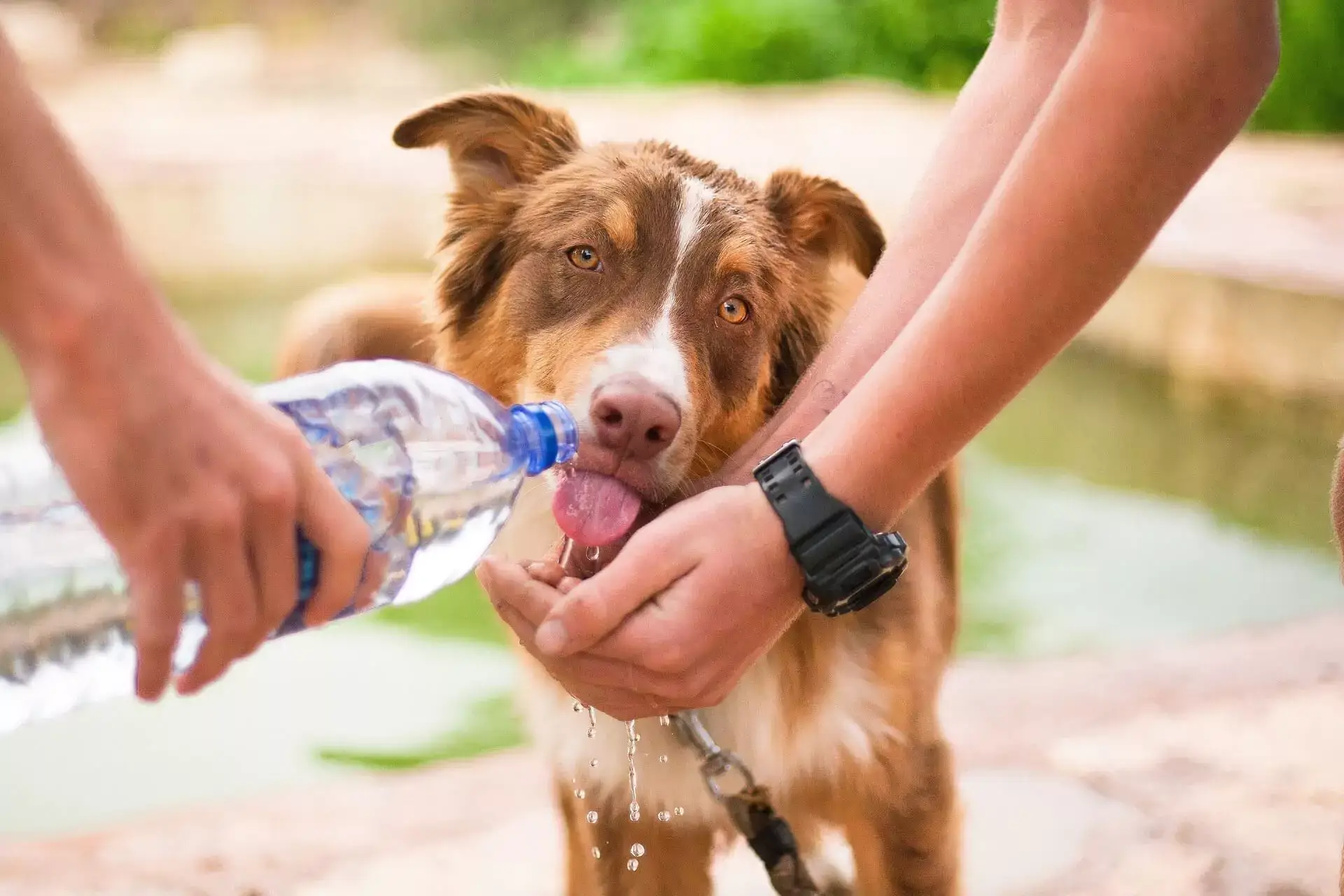Diabetes In Cats
Do you know someone who has diabetes? Chances are, you probably do. Diabetes can also affect our feline friends: as many as one percent of cats are affected. A Burlington, ON veterinarian discusses kitty diabetes in this article.
Basics
Diabetes mellitus essentially works the same way in cats as it does in humans. This condition is when a body cannot properly produce or process insulin, which is a hormone used to metabolize food and turn it into sugar, the body’s main source of energy. With diabetes type 1, the body isn’t producing the insulin it needs. With type 2—the one most commonly seen in kitties—the body is producing insulin, but cannot properly utilize it. This can lead to sugar spikes and crashes, and can contribute to many other health issues, such as heart disease, stroke, and other problems. Ask your vet for more information.
Risks
Any kitty can get diabetes, but it’s most common in chubby ones. In fact, obese cats are as much as 4 times more likely to get diabetes as trim ones. Male cats are more often affected than females. Fluffy’s risk may increase if she isn’t getting enough activity and/or if she is on certain steroids. It’s also worth noting that breed may also play a role. Certain breeds, such as the Russian Blue, Norwegian Forest Cat, and Abyssian, are more prone to developing diabetes than other kitties. Age is also a factor: older cats are more susceptible than kittens.
Warning Signs
Keep an eye out for warning signs. Weight loss is a common one. If Fluffy seems to be dropping weight, but is constantly emptying her food bowl, diabetes could be to blame. Increased thirst and urination are also red flags. Some cats also experience issues with their back legs, which may affect their stance or gait. However, this is fairly rare. Contact your vet immediately if you notice any of these warning signs.
Treatment
As far as treatment, glucose monitoring and insulin injections are often at the top of the list. While this may sound daunting, once you’ve been trained, this will only take a few moments a day. A proper diet, of course, is also crucial. Your vet will be able to discuss specific options after Fluffy has been properly diagnosed.
Do you have questions about your cat’s health or care? Contact us, your Burlington, ON veterinary clinic, today!




